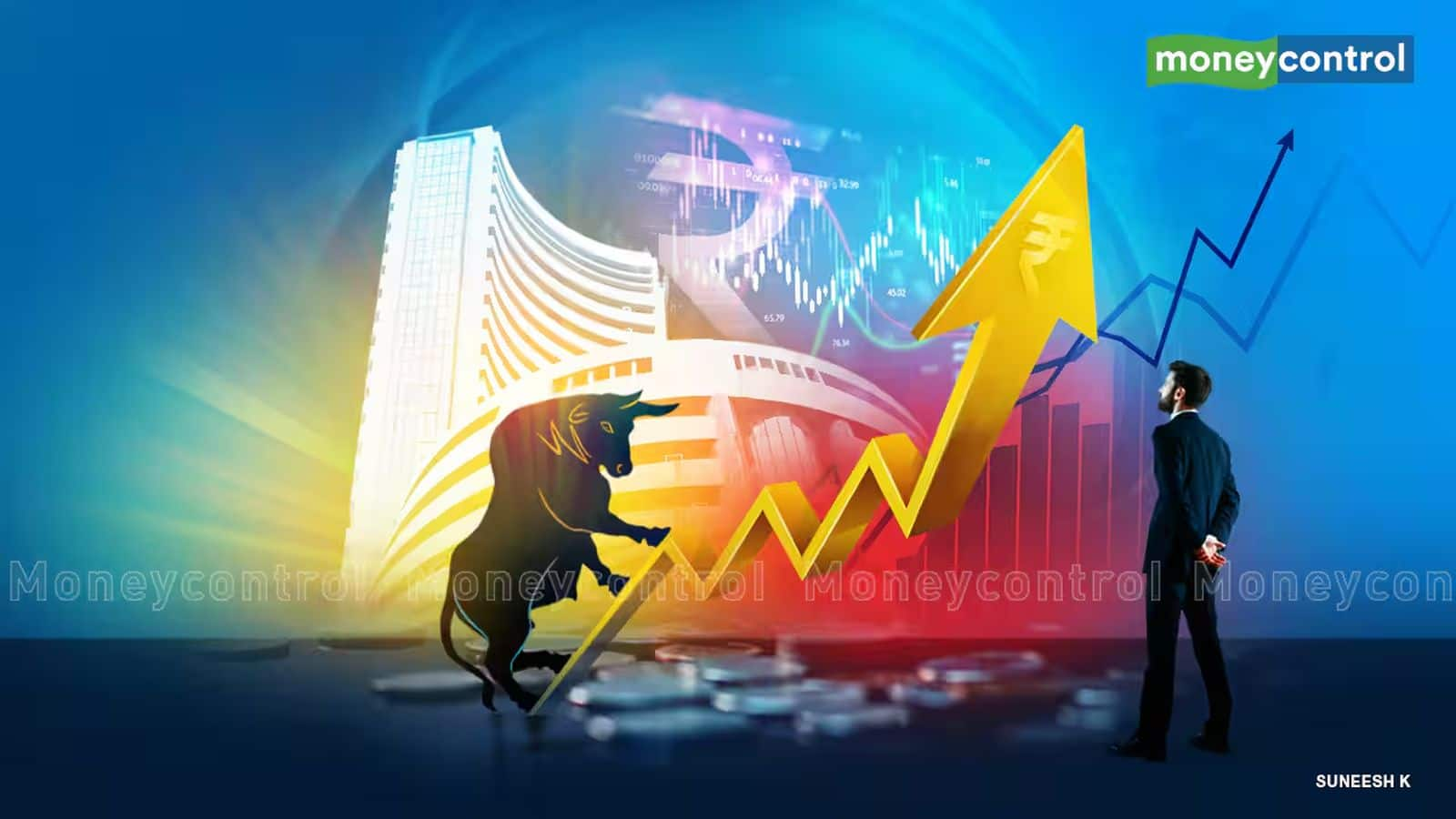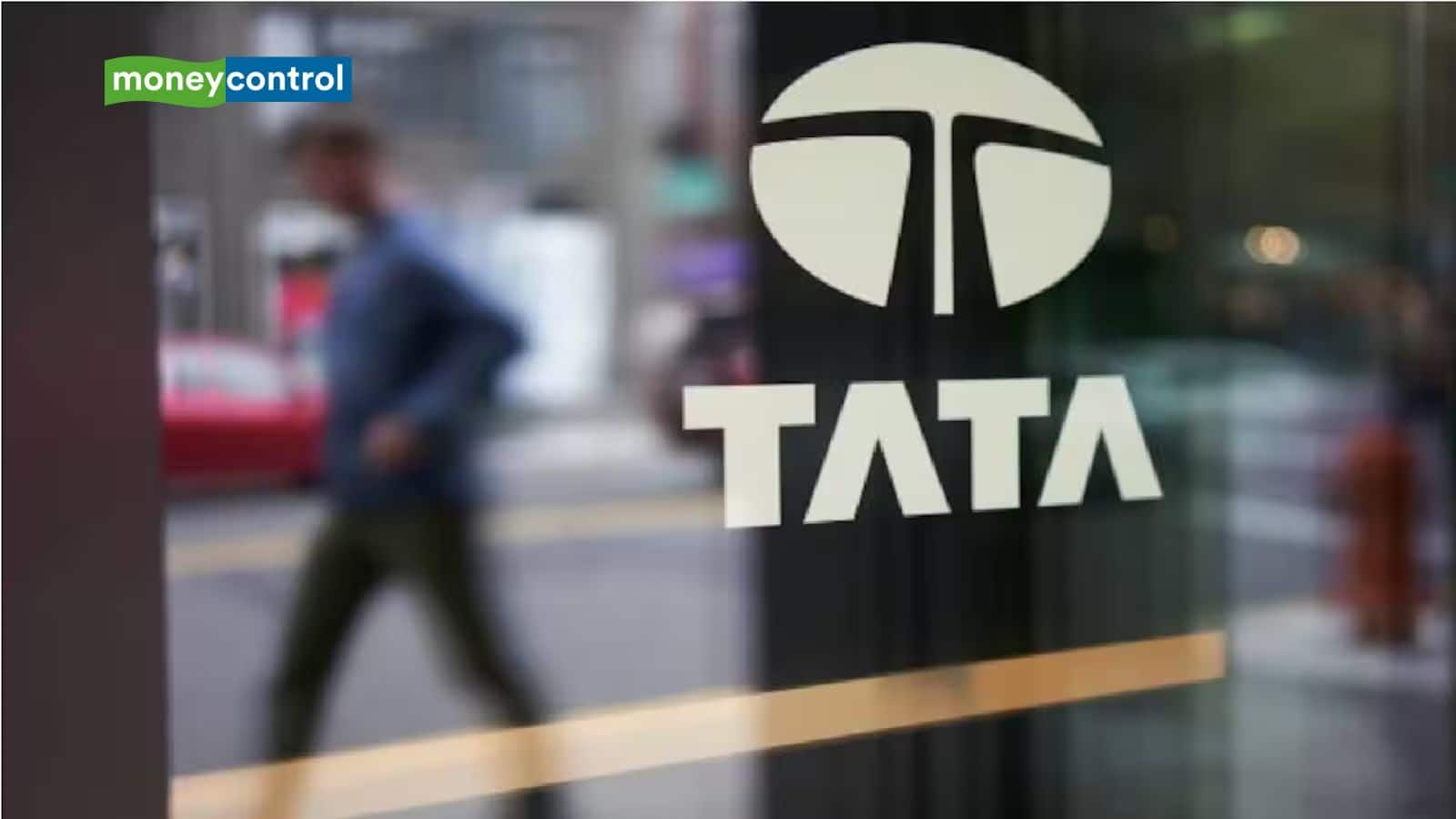
Stock in Focus: Varroc Engineering Ltd, a company in the auto components and automotive technology sector, reported winning a strategic contract on Tuesday, February 3. The company has received an order for supply of AC bi-directional wall chargers from a leading global Electric Vehicle (EV) OEM. This deal is considered a major step towards Varroc’s expansion into the global electric mobility ecosystem.
Manufacturing will take place in Romania plant
Under this contract, Varroc will supply Energy Star-compliant AC bi-directional wall chargers. These chargers are designed for high stability, advanced safety features and superior EV charging performance.
The company said that these chargers will be manufactured at its manufacturing plant in Romania, which is as per global quality and delivery standards.
Annual turnover up to ₹439 crore
According to Varroc, this program will run for about 6 years. Varroc will tailor its peak manufacturing capacity to the OEM’s anticipated needs. At peak level, this contract is expected to generate an annual turnover of approximately ₹433 crore (about $48 million).
What does management have to say?
Dhruv Jain, CEO – Business II, Varroc, said the contract reflects the company’s focus on providing advanced electronics solutions to global OEM partners. He said that Varroc is committed to working closely with the automotive ecosystem to advance safe, smart and sustainable mobility solutions.
Strong hold in global PV electronics
This new order further strengthens Varroc Engineering Ltd’s presence in the global passenger vehicle electronics market. The deal is in line with the company’s strategy, which includes scaling growth in advanced safety, lighting and electric powertrain solutions.
The company says that this partnership further strengthens it as a trusted Tier-1 automotive technology supplier.
Investment continues on e-mobility and ADAS
Varroc Engineering Ltd is continuously investing in automotive electronics and product development capabilities. Its aim is to meet the growing global demand for e-mobility, connectivity and Advanced Driver Assistance Systems (ADAS).
The company says its integrated manufacturing and engineering capabilities will help support OEMs amid the rapid electrification trend around the world.
Status of shares of Varroc Engineering
Shares of Varroc Engineering Ltd closed at ₹580, up 1.89 per cent on the NSE on Tuesday. The stock has given a return of 12.40% in the last 6 months. Its market cap is around Rs 9 thousand crores.
Bajaj Finance Q3 Results: Bajaj Finance’s profit fell by 5.6%, huge jump in NII; Will keep an eye on shares
Disclaimer: The information provided here is being given for information only. It is important to mention here that investing in the market is subject to market risks. As an investor, always consult an expert before investing money. Moneycontrol never advises anyone to invest money here.



















